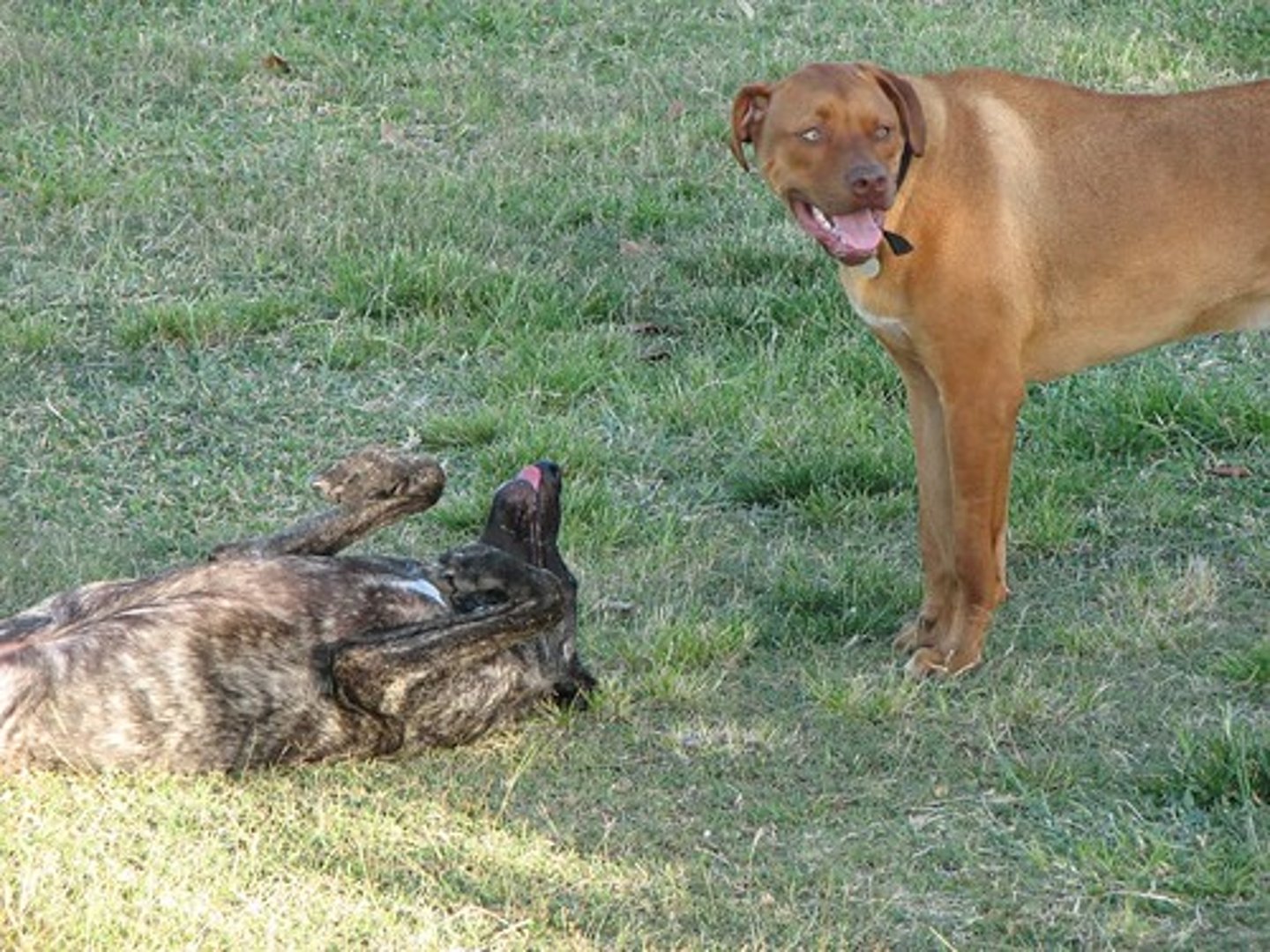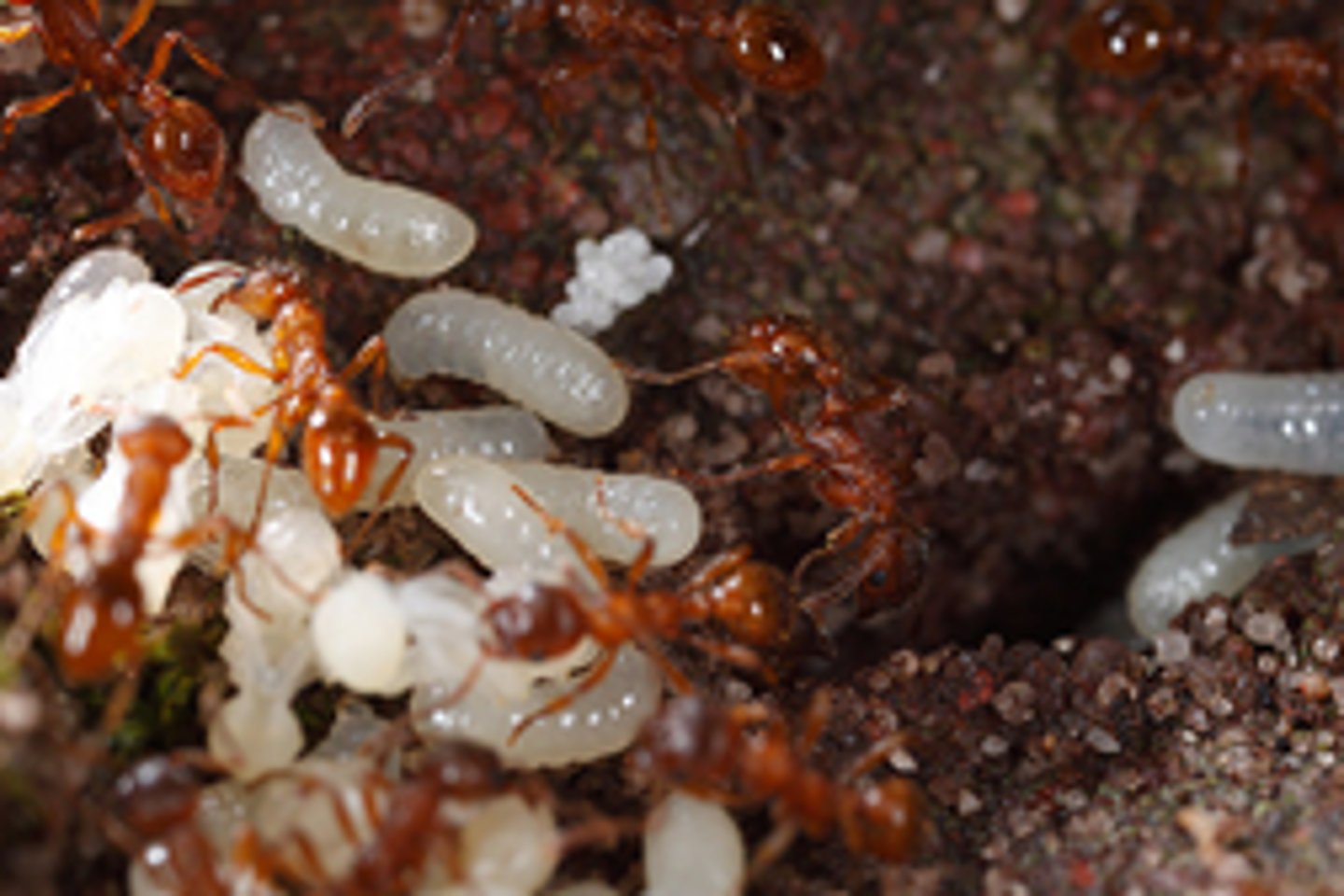Relationships - intraspecific - 13 Biology
1/20
There's no tags or description
Looks like no tags are added yet.
Name | Mastery | Learn | Test | Matching | Spaced |
|---|
No study sessions yet.
21 Terms
Intraspecific competition
Competition between members of the same species for food, water, shelter, mates, nesting sites or breeding sites etc. Territories and Hierarchies ensure that the limited resources go to the fittest members of the population of the species
Interspecific Competition
Competition between two different species for food, water, space etc
Hierarchy
A linear rank order of a group which is enforced when resources become limiting ensuring the fittest survive to produce offspring. Takes energy to establish rank but reduces fighting once rank established
Territory
An area DEFENDED by a group against others of the same species competing for the same limited resources such as food, water, shelter, breeding sites etc. Takes energy/time to defend but ultimately reduces aggression between groups so offspring can be reared
Alpha male / female
Highest/most Dominant rank in a hierarchy and have first access to all resources when these are limiting

Threat displays
Used to warn others and used to reduce aggressive harmful interactions - eg calls/songs/cries/bellows, fluffing up of feathers/fur to appear larger, etc
Beta male / female
Second in the rank order
Omega individual
Lowest/most subordinate rank in a hierarchy and have last access to all resources when these are limiting. While it would seem of no benefit lowest rank individuals do get resources when more plentiful, can get the protection from predators from being in the group, warmth if cuddle up to others and may improve rank as older member fail.
Rank
Place in a linear hierarchy sometimes called a pecking order
Ritualistic fighting
Used to signal dominance without causing actual harm includes a lot of noise, movement, chasing, fluffing up feathers/hair etc but if harm occurs it is not intentional
Home range
An area that a single animal or group of animals may gather resources from BUT is NOT defended
Dominant behaviour
Aggressive, forward focussed, will make self look larger ready to attack if needed,
Submissive behaviour
No eye contact, body kept small, may roll over, facing away from more dominant individuals

Courtship
A series of ritual behaviours to reduce aggression, attract and identify members of the opposite sex signal readiness to breed that ultimately end in mating eg songs and calls (booming on the kakapo lek/sky calling in albatross), dancing (mid air-humming birds)/ head bobbing ( albatross) , synchronised flying(albatross), gift giving (nesting materials, little pieces of food). Ensures the fittest individuals mate to produce the fittest offspring to continue the species
Agnostic behaviour
Social behaviour related to fighting like dominance/submission but NOT predation
Parental Care
The amount of care that an animal provides to its offspring. r-selection - no care - oysters. k-selection - lots of care - eg albatross, yellow eyed penguin
Pair bond
Establishes and maintains a stable relationship between animals of the opposite sex of the same species to help in the incubation and rearing of young. Often reinforced by ritualistic behaviours eg calls, bill tapping sky calling etc
Group cooperation
Ultimately to ensure that members of the group survive a possible threat (defence of young by adult muskox from wolves) or gain a resource that would not be able to do on their own eg - cooperative hunting of lioness in a pride
Group survival strategies
Clumping - slaters to reduce water loss, Confusion - fish swimming in schools, hives - bees working collectively using the division of labour principle
Kin selection
Where an individual does not breed but by their actions the survival of the whole group occurs. Usually within a group of related animals. As all individuals are related the genes of the group are passed on to the next generation of offspring - common in social insect groups - e.g. bees or naked mole rats or meerkats

Resources
Food, space, mates, breeding sites